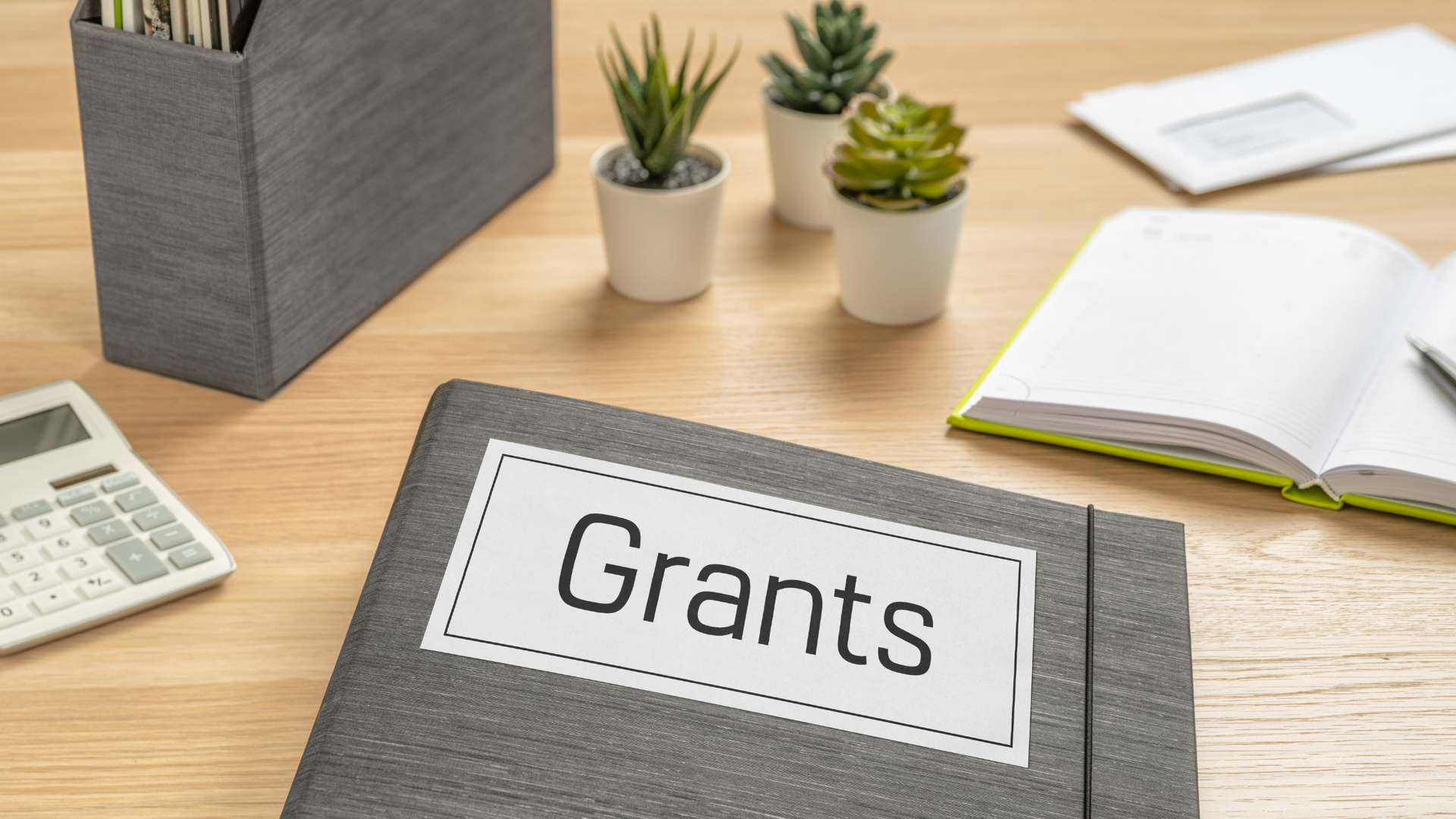What if I can't pay my tax bill?
What if I can't pay my tax bill?
With the deadline approaching to settle your tax bill on 31st January we are being approached by a number of clients asking what will happen if they can’t pay their tax bill. So we thought we would let you know what options are available to you.
We always advise our clients to put money aside each month to cover your tax bill but of course unexpected things occur and before you know it you no longer have that contingency.
As soon as you are aware that paying your tax bill is not a possibility you must contact HMRC and let them know. HMRC will be able to discuss your situation and advise what the best way forward is for you and your business.
HMRC may suggest that you use the ‘Time to pay arrangement’. You may be able to do this online if;
- You have already submitted your latest tax return
- The amount you owe is less than £30,000
- Are within 60 days of the payment deadline
- Commit to pay your debt off within the next 12 months or before
If the above does not apply to you then you must get in touch with HMRC by calling 0300 200 3822. Lines are open Monday- Friday 8am-4pm.
What will I need to use the ‘Time to pay arrangement’?
- You will need your UTR code (Unique Tax Reference)
- Your VAT number if applicable
- Your bank details
- Details of any payments you have missed (if applicable)
What will HMRC ask me?
- How much you can afford to pay each month
- The reason you can’t pay the amount in full
- If there are any other outstanding tax bills you need to pay
- Your earnings
- Your outgoings
- What savings or investments you have
If you have savings or assets HMRC will expect you to use these in order to settle your tax bill.
How will HMRC determine my payments for the arrangement?
HMRC will take into consideration your income and outgoings and they will expect you to pay at least half of what you have left each month. Remember that this arrangement will incur interest so it’s best to pay it back as quickly as possible.
What if I already owe tax?
You will need to have a conversation with HMRC and they will ask you to make a verbal proposal of how much you can afford to pay and how soon your debt will be settled. They will then ask you questions about your proposal to confirm if it’s realistic.
HMRC will want you to reduce your debts as much as possible before they will allow you to enter into the payment arrangement. This means you will be expected to use personal funds, take out a loan or extend existing credit in order to reduce your tax bill as much as possible. They usually ask that you pay at least half of your bill before allowing you to enter into the arrangement.
It’s in your best interests to save as much money as possible in order to cover your tax bill so that you don’t have to pay penalty charges and interest. We strongly advise filing your tax return as soon as possible so that you know how much you are expected to pay and work out how much money you need to put to one side.
For further advice please contact
HMRC.









